How is EFFT Different?
KEY DIFFERENCES BETWEEN SUE JOHNSON’S EFFT AND OTHER FORMS OF EMOTIONALLY FOCUSED FAMILY THERAPY:
-
Our approach focuses on transforming patterns and blocks related to emotional engagement.
-
Our approach is rooted in attachment processes, including caregiving and meeting attachment-related needs.
-
Our approach focuses on working through relational blocks with parents and children in session together.
EFFT Master Classes – Restoring Connections and Promoting Resilience
Emotionally Focused Family Therapy (EFFT) is an attachment-based approach that combines both systemic and experiential interventions to mend broken bonds and heal fractured families. EFFT therapists focus on the emotional experience within a family and the problem patterns that block family members from accessing the resources they would otherwise share. A primary goal of EFFT is to reduce problematic behavior by creating new patterns of emotional accessibility and responsiveness that offer a secure base for children to develop and families to thrive. EFFT provides a practical approach to engaging families at an emotional level. Accessing, processing, and connecting family members through the power of emotional experience promotes healing and fosters a family’s resilience to the everyday and unexpected challenges of life.
An EFFT master class will demonstrate how the EFT model of working with couples is extended and modified to fit the family context. Attention will be given to how EFT practice with families is different and what additional skills are needed. Participants will learn a powerful transformative approach that is foundational in helping parents and children who are struggling with remaining securely attached.




